I’m going to get to the bottom line right away: You need to sleep 7-9 hours. Every. Single. Night.
I protect my sleep fiercely. I love sleeping. In college I was dubbed “The Nap Queen,” and still can be found napping on the weekends. It’s one of my go-to stress relievers, and it just feels so cozy and…good. Now that I’m a health coach and know more about its importance, it’s one of the things I push most with clients.
“I’m Tired“
Everyone “knows” they should get adequate sleep, yet announcing you’re tired/exhausted/fatigued almost seems like a badge of honor among adults. I’d love to change that. I want to start hearing people respond “I’m well-rested!” or “I feel amazing!” when I ask how they are that day.
For many, sleep is the bottom of the priority totem pole. There’s just too much to get done, and only so many hours in the day, so where do people borrow their time from? Their hours of sleep. But this is a big mistake, and I want to convince you why.
Sleep is the Cornerstone of Health
The human body is an amazing machine, and though you’re not aware of it, many of your body’s systems are hard at work while you sleep. This includes your heart and circulatory system, hormones, metabolism, immune system, and nervous system. Sleep is when your body repairs itself, including the removal of toxins (a great example: the brain eliminating proteins associated with Alzheimer’s twice as fast during sleep).
Without proper sleep, you are silently putting yourself at a much higher risk for many diseases and chronic illnesses including heart attack, stroke, obesity, depression, diabetes, and cognitive disorder.
*Aside to Parents: Sleep is even more important for children–this is their time for growth. Is your child misbehaving, throwing tantrums, or having problems paying attention at school? Start prioritizing & protecting their sleep schedule. Fun fact: Kids actually act more hyper when they’re tired. Don’t be fooled! For children’s sleep requirements, click here.
Under-Rested and Overweight
If the long-term effects of sleep deprivation aren’t scary enough for you, here’s a more immediate one: lack of sleep unquestionably leads to weight gain. According to Harvard Medical School, sleep duration has long been linked to the body’s production of appetite-regulating hormones. Not only do sleep-deprived adults consume more calories, they crave the wrong kinds of calories for optimal health: salty, sugary, and greasy. If you’ve been battling a few extra pounds that just won’t budge, I encourage you to look at your sleep habits.
Sleep Hygiene
To be clear, we need adequate sleep on a regular basis. Sure, you may have a late night here or there, but it’s the routine 7-9 hours that matter. “Catching up” on the weekend really doesn’t cut it. Here are a few tips for getting your sleep health dialed in:
Prioritize Sleep
Choose a bedtime 7-9 hours before you need to wake up, and stick to it. Protect it. Fiercely. Leave events early. Turn off the TV. Set alarms on your phone for bedtime AND wake-time. Look at your schedule and make time for the things that have to get done during waking hours.
*Bonus points if your bedtime is before midnight. Sleeping earlier in the night aligns with our circadian rhythms and is more beneficial than early morning sleep. The ideal adult bedtime is between 9-10pm.
Clear Your Mind
As I age, I notice my sleep is often interrupted with anxious thoughts or to-do lists. Before bed, try journaling, meditation, or reading to relax the mind. Keep a notebook near your bed in case you do wake in the middle of the night with a busy mind.
Nighttime Routine
Doing the same actions each evening will signal your body that it’s time to slow down and sleep. PJ’s, brushing teeth, a bath or shower, cup of tea…whatever you like to do, keep it regular.
Speaking of tea, there are a few types that promote good sleep. Chamomile, passionflower, lavender, and valerian are all caffeine-free and enhance relaxation.
Physical Prep
There are several things to do to ensure that your body is prepared for rest.
- Exercise and/or get fresh air every day, but be sure not to exercise too late in the evening.
- Stop looking at screens or wear blue-light blocking glasses for at least an hour before bedtime.
- Don’t eat for at least two hours before sleeping; if your body is still digesting, your temperature raises and prevents good sleep.
- Pay attention to how your body reacts to caffeine; in general, keep caffeine consumption to the morning hours (beware of sneaky caffeine like sodas or cocktails!)
- Alcohol and sugar also mess with sleep. To combat alcohol’s negative effects, take a magnesium supplement.
Sleep Environment
Keep the room cool, between 60-68 degrees. Your body temperature needs to drop a couple of degrees for restorative sleep. Make sure the room is dark: invest in blackout shades and/or a sleep mask. Try white noise, either through a dedicated machine or a free app on your phone. Experiment with different pillows and mattresses. Try relaxing scents with essential oils like lavender, vanilla, or clary sage. Yes, now that I’m older I need a lot of “special items” in order to sleep well, and I do miss the days of my youth when I could literally sleep anywhere at any time. But, you do what you gotta do!
Let Go of Preconceived Notions
This is a big one for me that I’m still working on. Because I am so dedicated to healthy sleep, when I don’t get a good night’s sleep my self-talk sounds like “now I’m going to be tired all day,” and “I’m going to feel like crap.” I’m trying to remind myself that isn’t necessarily so. When I wake up early (which tends to be my issue lately), I force myself to assess how I actually feel, and not stress about not getting enough sleep. Nothing will prevent a good night’s sleep more than worrying about a good night’s sleep.
Medications
While I don’t recommend long-term use of over-the-counter sleep aids, I have tried and recommend either melatonin or CBD to help with falling or staying asleep. Both are non-addictive and safe to use regularly. Personally, I find melatonin gives me super weird dreams, which end up waking me. So, I stick to CBD as an anti-anxiety tool. If you can find a CBD/CBN combo, this is great for sleep maintenance (sleeping through the night).
If you feel you need other interventions or medications, I urge you to speak with your doctor about your sleep problems.
Age and Sleep
The bad news: though our sleep needs don’t change as we get older, our sleep cycles do. Around middle age, length of sleep cycles and nocturnal waking go through a shift. Many middle-aged adults suffer from these changes in sleep–particularly women, who have hormonal changes to add to the mix. Don’t be surprised if you notice this change. Navigating this can feel daunting, but don’t give up!
The good news: Most older adults do not complain about sleep problems. According to the National Institutes for Health, most age-related changes in sleep are stable after the age of 60 in healthy adults.
So, How Are You Feeling?
If the answer isn’t “well rested,” and you aren’t sure how to get there on your own, reach out! Let’s talk about sleep!
~Nicole


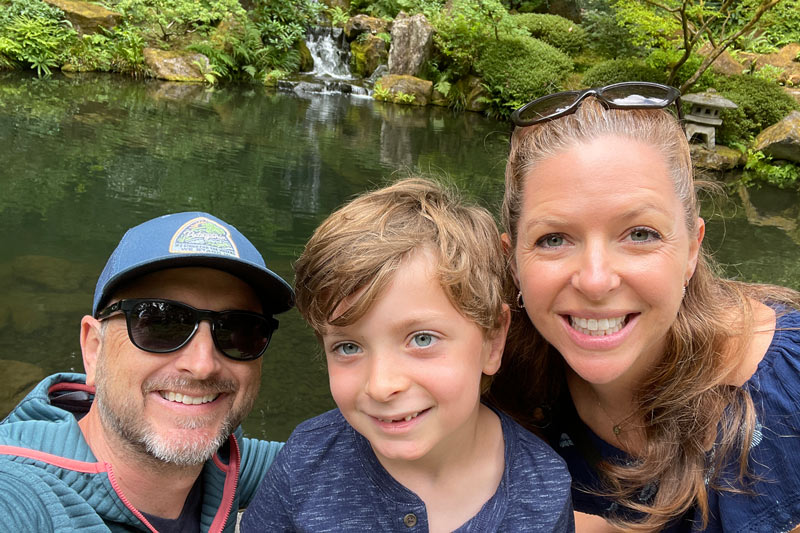
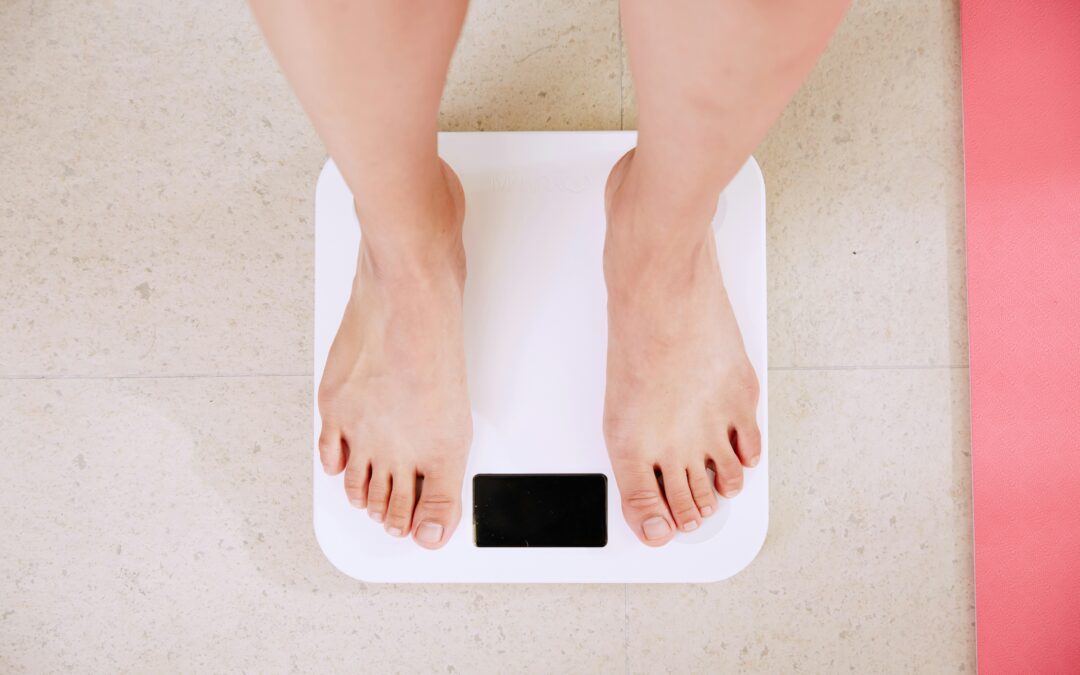
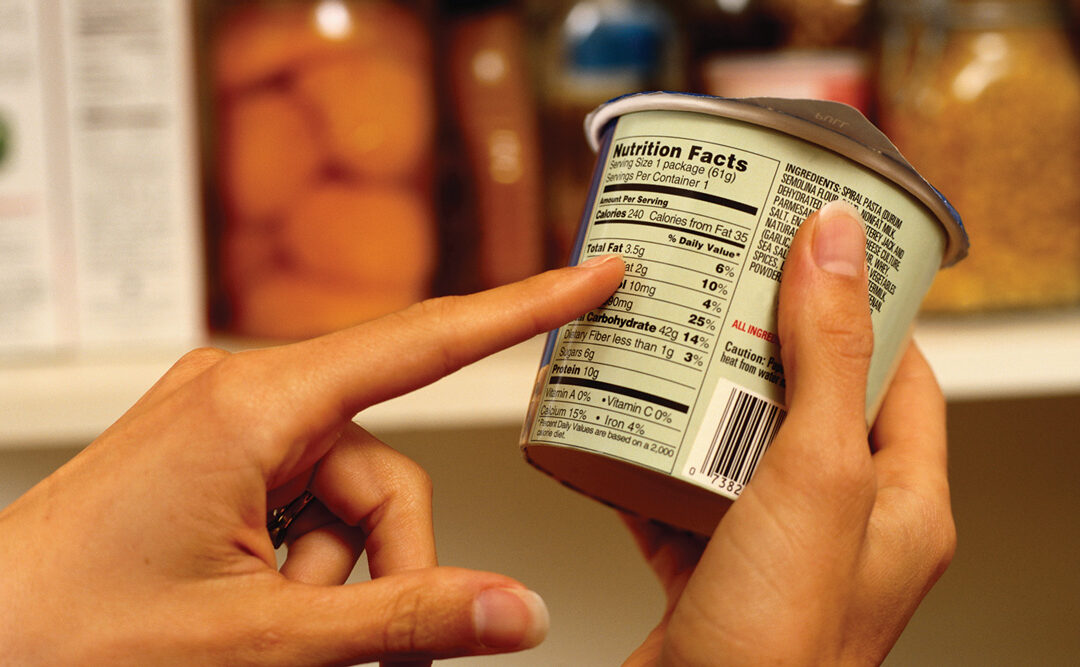

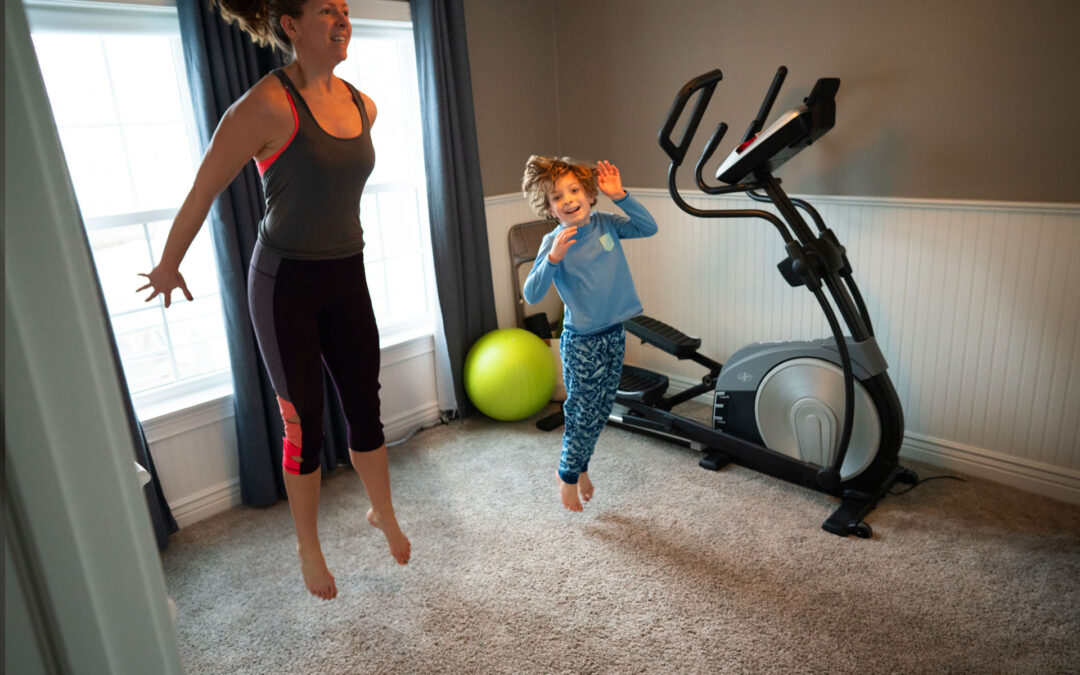

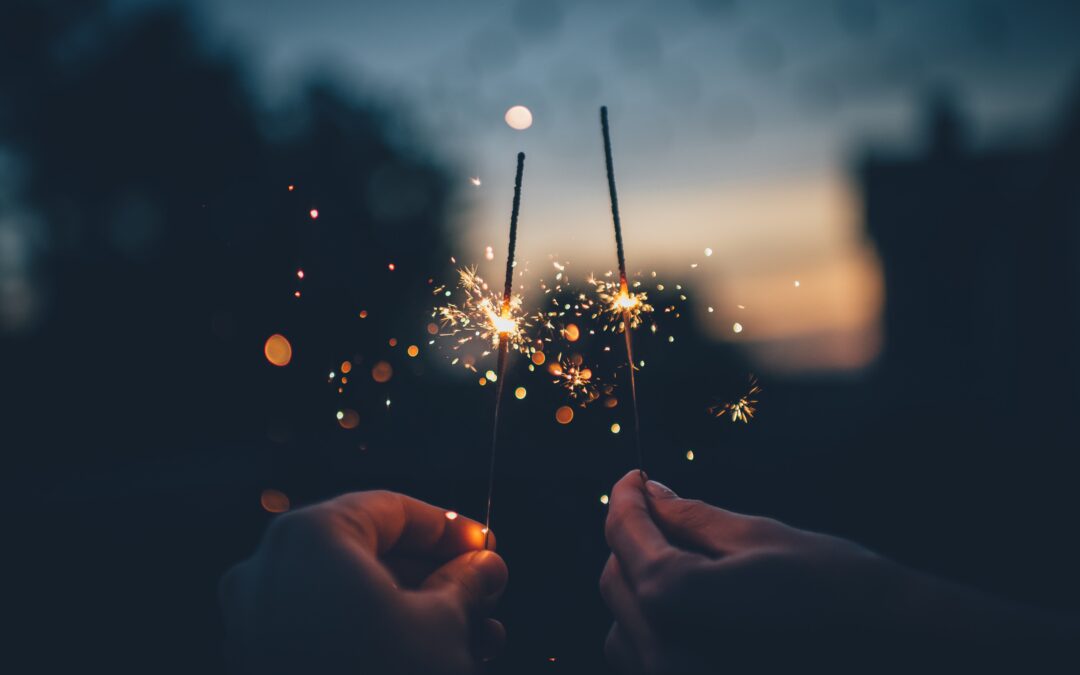



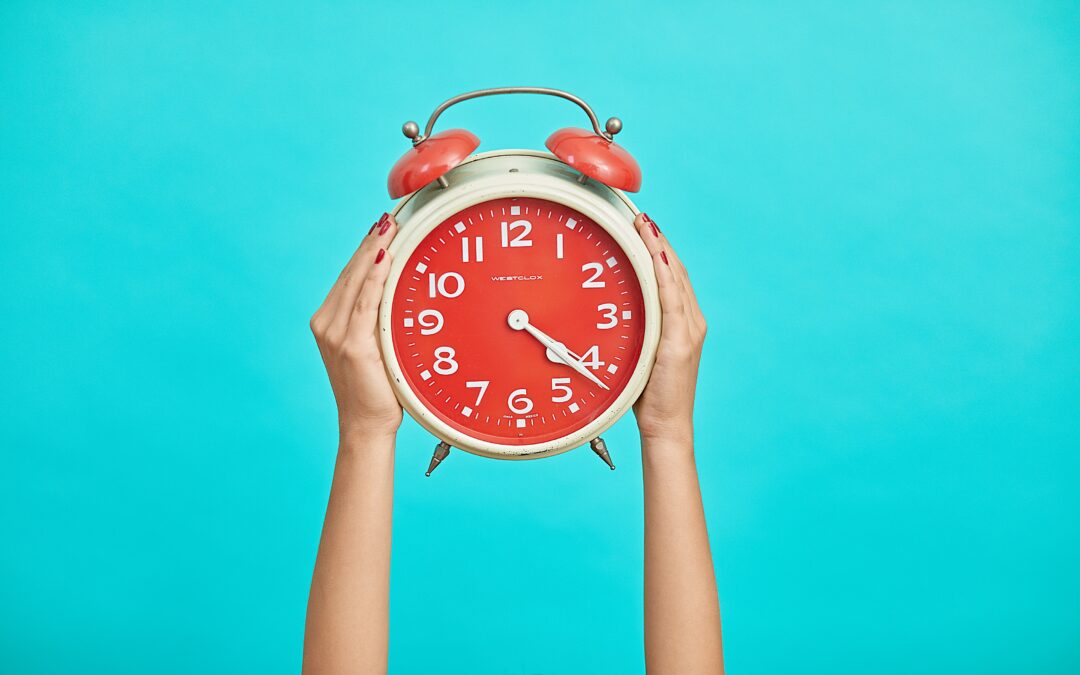
Leave a Reply